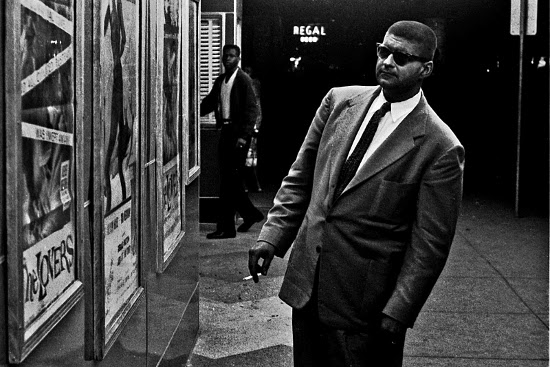
In 1959, Dallas journalist John Howard Griffin used drugs and sunlamps to darken his skin and then traveled through Louisiana, Mississippi, Alabama, and Georgia posing as a black man and keeping a diary of his experiences. He found it to be “the story of the persecuted, the defrauded, the feared and the detested.” When he applied for work at a plant in Mobile, the foreman told him, “No, you couldn’t get anything like that here.”
His voice was not unkind. It was the dead voice one often hears. Determined to see if I could break in somehow, I said: ‘But if I could do you a better job, and you paid me less than a white man …’
‘I’ll tell you … we don’t want you people. Don’t you understand that?’
‘I know,’ I said with real sadness. ‘You can’t blame a man for trying at least.’
‘No use trying down here,’ he said. ‘We’re gradually getting you people weeded out from the better jobs at this plant. We’re taking it slow, but we’re doing it. Pretty soon we’ll have it so the only jobs you can get here are the ones no white man would have.’
‘How can we live?’ I asked hopelessly, careful not to give the impression I was arguing.
‘That’s the whole point,’ he said, looking me square in the eyes, but with some faint sympathy, as though he regretted the need to say what followed: ‘We’re going to do our damnedest to drive every one of you out of the state.’
In a Mississippi bus station he felt a “hate stare” that would grow familiar. “It came from a middle-aged, heavyset, well-dressed white man. He sat a few yards away, fixing his eyes on me. Nothing can describe the withering horror of this. You feel lost, sick at heart before such unmasked hatred, not so much because it threatens you as because it shows humans in such an inhuman light. You see a kind of insanity, something so obscene the very obscenity of it (rather than its threat) terrifies you. It was so new I could not take my eyes from the man’s face. I felt like saying: ‘What in God’s name are you doing to yourself?'”
